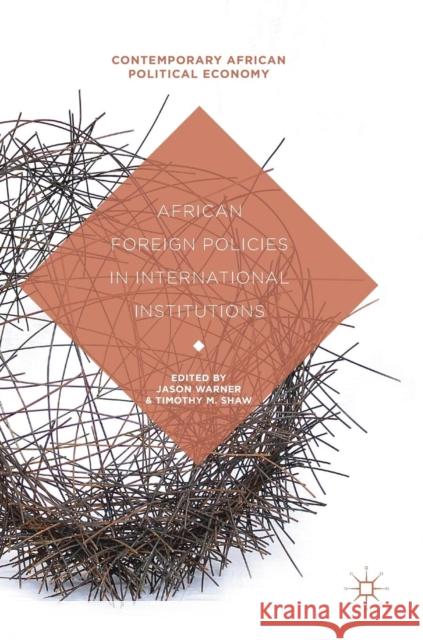African Foreign Policies in International Institutions » książka
topmenu
African Foreign Policies in International Institutions
ISBN-13: 9781137575739 / Angielski / Twarda / 2018 / 430 str.
Kategorie BISAC:
Wydawca:
Palgrave MacMillan
Seria wydawnicza:
Język:
Angielski
ISBN-13:
9781137575739
Rok wydania:
2018
Wydanie:
2018
Ilość stron:
430
Waga:
0.69 kg
Wymiary:
21.01 x 14.81 x 2.54
Oprawa:
Twarda
Wolumenów:
01
Dodatkowe informacje:
Wydanie ilustrowane











